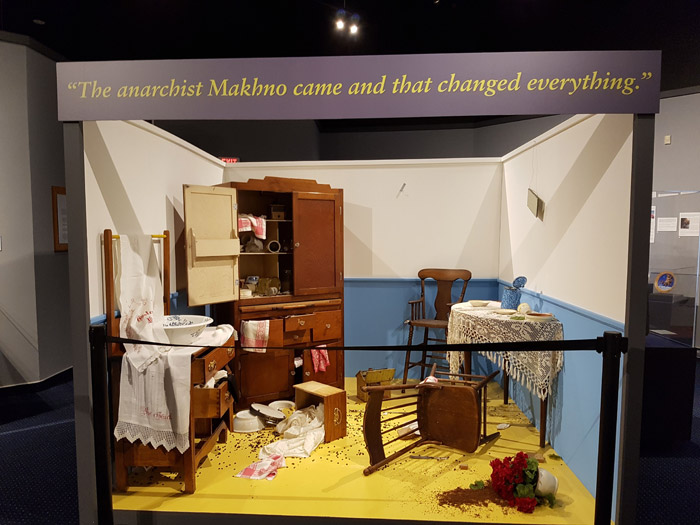Mennonites through history have experienced a lot of upheaval and trauma. In five centuries, many can say that their family lines have called five distinct places their homeland. Leaving was never the first choice, but persecution and loss kept them moving.
In many cases this trauma is experienced intergenerationally. As Dr. Gabor Maté writes in his new book The Myth of Normal: “The chain of transmission goes from parent to child, stretching from the past into the future. We pass on to our offspring what we haven’t resolved in ourselves. The home becomes a place where we unwittingly re-create, as I did, scenarios reminiscent of those that wounded us when we were small.”
Ok, now for the good news. If or when your parents were not present to your needs, if or when they mistreated you, it was because of the pain and trauma that they carried from their parents. It was not you – it was not them. Mothers and Fathers want the best for their children but can’t always live it out because they aren’t whole themselves. Past pain and trauma distort and limit our true selves. “Blame becomes a meaningless concept the moment one understands how suffering in a family system or even in a community extends back through the generations,” says Maté. There is no pure villain in life. The more we can realize this the more we can find healing and reconnection to the world again. Our parents need grace. We need that same grace.
Mother’s Day and Father’s Day will soon be here. On those Sundays there will be many families enjoying Mennonite Heritage Village’s (MHV) Livery Barn Restaurant buffets and touring our village grounds to hear their parents’ stories. This year may we go deeper into healing the hard stories of our families. Remembering our stories so we don’t keep stuffing them down, increasing our suffering. Shutting pain down in the past has often been a needed coping tool and helped Mennonites to work hard and endure but may have also hurt relationships and families. Intergenerational pain can stop with us if we deal with it head-on and heart-on.
Take the time to learn your family history, where might there be entry points of trauma response? If your Mennonite family came in the 1920s consider visiting our upcoming Russländer exhibit and Spring Gala on May 12th. Our guest speaker has an amazing story of overcoming adversity in her move to Canada as a young immigrant. Other resources include trained counsellors, books such as It Didn’t Start with You: How Inherited Family Trauma Shapes Who We Are and How to End the Cycle. Healing Haunted Histories by Mennonites Elaine Enns and Ched Myers speaks to having trouble dealing with the pain of others. Enns and Myers propose that Mennonite dismissal of Indigenous trauma is partly due to their own unresolved trauma. MHV is planning to host Enns and Myers for a workshop later in the year. Sign up for our newsletter to find out when.
I leave you with these words from Elaine Enns and Ched Myers: “We carry the trauma and contradictions of our ancestors, but also their traces of courage and ingenuity.”




